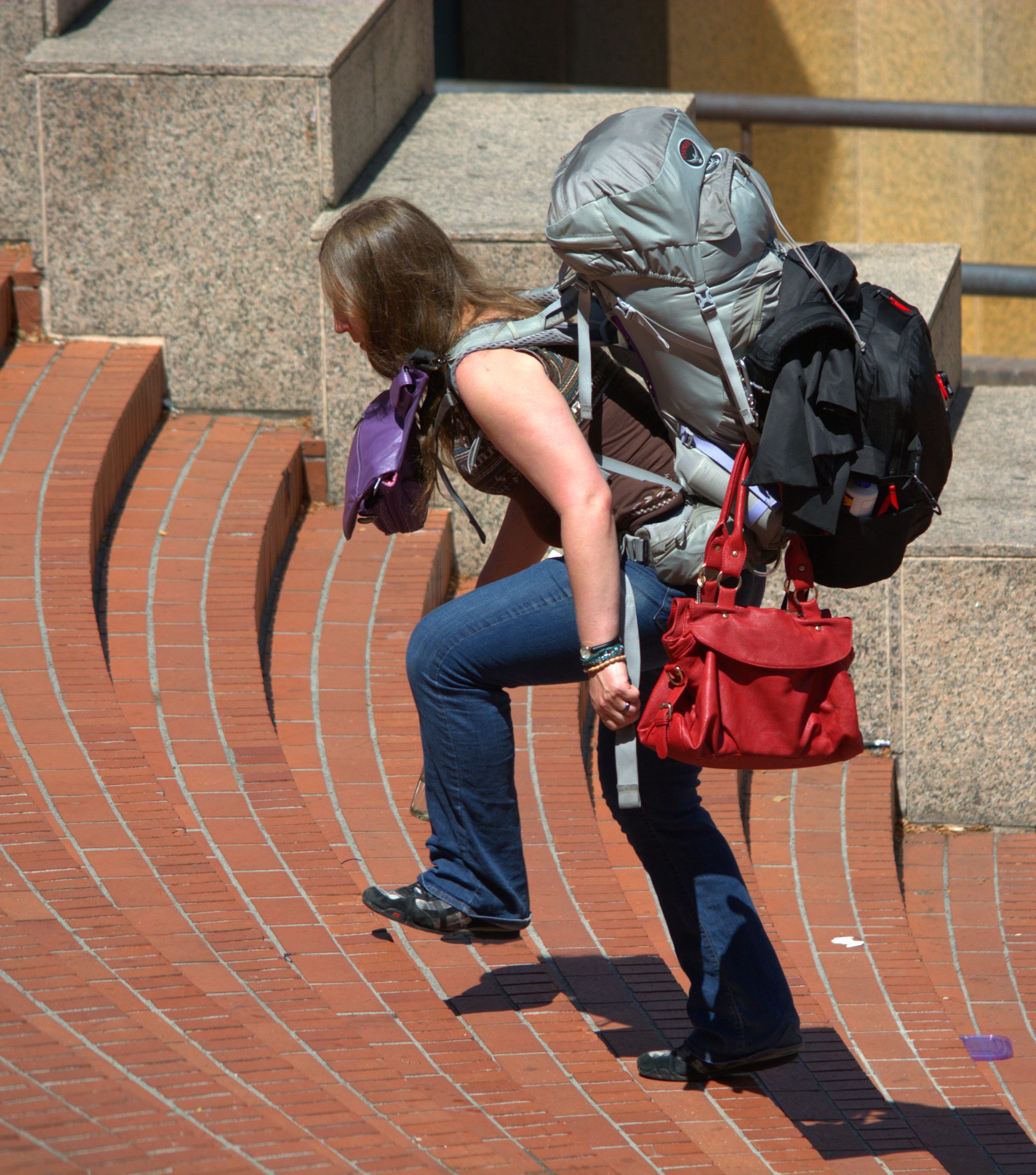Backpacking is an adventurous activity that can involve travelling long distances with a light load. It is one of the best ways to explore nature and new places, however, a key concern for any backpacker must be the total weight of their backpacking gear. A good total weight for backpacking will depend on a number of factors, such as the duration of the trip, the terrain that will be traversed and the climate in which you will be travelling.
Trip Duration: The longer the duration of your trip, the more food and supplies you’ll need to carry with you. This means that your backpack will become heavier over time as you accumulate more items along your journey. To avoid carrying too much weight, it’s important to plan your meals and activities in advance so that you know exactly what supplies you’ll need for each day.
Terrain: The terrain that you’ll be traversing can also have a big impact on how much weight is appropriate for backpacking. If you’re planning to hike through mountainous regions, for example, then it’s important to consider how difficult it will be to traverse this terrain with a heavy load. In this case, opting for lighter gear such as lightweight tents and sleeping bags might be wise in order to reduce your overall pack weight.
Climate: The climate in which you’ll be travelling can also affect how much weight is appropriate in terms of backpacking gear. If it’s very cold or wet outside then heavier items such as thick sleeping bags or insulated jackets may be necessary in order to keep warm during your travels. On the other hand, if temperatures are milder then lighter options might suffice.
In conclusion, what constitutes a good total weight for backpacking will depend on factors such as trip duration, terrain and climate. By taking these into account when packing your gear, it should be possible to determine an appropriate total pack weight for each individual backpacking trip.

